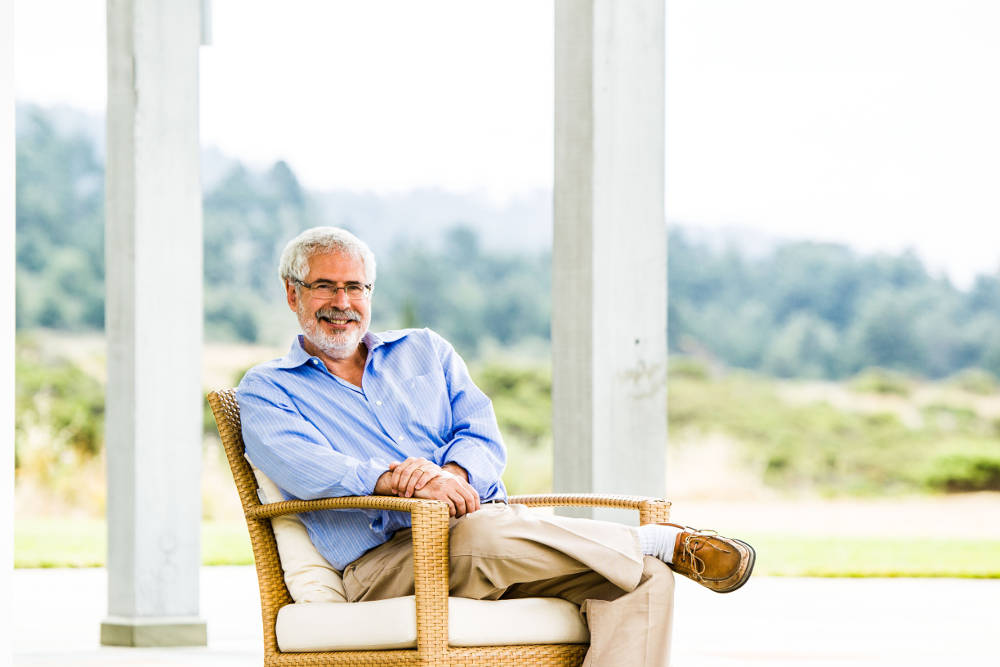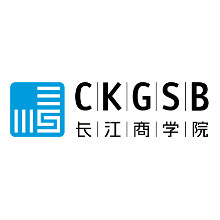[Photograph of Steve Blank - ©Eric Millette.]
By: Bennett Voyles
Few people have had more influence on startup strategy than Steve Blank, founder of the Lean Startup movement. A serial entrepreneur in Silicon Valley and a consulting associate professor of entrepreneurship at Stanford University, Blank has written several books, most recently The Startup Owner’s Manual.
In a wide-ranging telephone interview, Blank, 61, discussed his impression of the unique advantages and challenges faced by Chinese software entrepreneurs.
Q. In 2013, you visited China on a book tour for your latest book, The Startup Owner’s Manual, and had the chance to visit a number of start-ups and meet many software entrepreneurs. What were your dominant impressions?
A. Boy, what an eye-opener! I hadn’t quite understood that the world no longer just revolves around Silicon Valley.
I've traveled quite a bit, looking at other entrepreneurial cultures, and I was just blown away. Beijing’s Zhongguancun district has probably the highest concentration of social media and internet startups I’ve seen outside of Silicon Valley, San Francisco, and maybe New York.
Another dominant impression was that this was no accident. The Chinese government had made a concerted effort to figure out how to jumpstart innovation on a scale that is maybe only matched by the US and per capita by Israel.
The third was that the Great Firewall has actually provided a level of protectionism that would be the envy of any other country in the world. They were able to "borrow" business models, and copy and adapt and adopt business models unfettered by US competition. The Great Firewall is unfair to competition but it’s worked great for Chinese software start-ups.
I think it’s a phase, not anything bad or culturally wrong—it’s a phase in the growth of capitalism. First you steal, then you create.
Q. You’ve written that returning students have been another key advantage.
A. I think the Chinese government must have been laughing hysterically about the US immigration policy that forced Chinese grad students out of the US and back home. Many of the "sea turtles" have worked in Silicon Valley or went to school at MIT and Stanford. The sea turtles kind of provide a continuous stream of knowledge about Silicon Valley, about entrepreneurship, about the state of software and tools, about the state of lean startups. They are physical VPNs—a Virtual Private Network. They’re how you get around the Great Firewall.
Q. Could you see it in how they were approaching their business challenges?
A. Sure. I think they understand what it takes to build a startup probably better than the local folks. The fact that they are able to take a model of something that works and then adapt it to the culture and the politics of China gives them an incredible advantage.
Q. Should the government be concerned about the number of people getting into startups for the money?
A. The US went through this at the beginning of our capitalist phase in the beginning of the 20th century, in our booster phase, when get rich quick was the motivation. You kind of get these dilettante entrepreneurs. Like stealing business models, I think it’s a phase, not anything bad or culturally wrong—it’s a phase in the growth of capitalism. It passes. Today, the majority of entrepreneurs in Silicon Valley are not motivated by money. Money happens to be an outcome, and a nice outcome, but most people don’t do it to get rich, they do it because they can’t imagine doing anything else.
One factor that should help attract more talent to startups is that the government is now saying that startups and innovation are the future of China, wow! This April the government finally started talking about innovation and startups, and that’s a change since I was there. Startups, the government is saying now, are good, we ought to be doing this.
That was a message not just to the entrepreneurs, that was a message to their parents, in a culture where having your parents’ approval means 20-X more than it does in the US. I think it will encourage much more mainstream talent to join startups. The first generation of entrepreneurs in China were outliers who were willing to take that social risk. Now, they can take the chance without shaming mom and dad.
We should keep in mind that Chinese entrepreneurs have already come a long way. These guys have already embarrassed Europe. France, for God’s sake, feels like the 1950s and will forever while they have this feeling that money is a dirty business. Companies like Alibaba and Xiaomi now compete on the world stage. It’s incredibly impressive. And once they have a layer of experienced entrepreneurs, they’ll move even more quickly. What Silicon Valley took 30 years to do they’ll figure out in 10.
Q. How has weak intellectual property law enforcement affected development?
A. They’re doing what the Americans did to the British in the 1890s or even before. What’s yours is mine and what’s mine is mine. And they not only do it to Americans and anybody else’s intellectual property, they do it to each other. Competition is incredibly cutthroat.
Q. How do you succeed as a startup in a country with weak intellectual property protection?
A. Fast, cheap, aggressive, sharp elbows.
Q. You say you saw limited creativity in the Chinese startup scene. Could your lean startup methodology be used to get around that creative block?
A. I don’t think it solves the creativity problem—that’s a cultural thing and a political thing. I think what the lean startup can give China, if they decide to adopt it, is a way to be incredibly efficient with their time and money using the lessons we only figured out via trial and error after literally 40 years. It doesn’t guarantee success, it just says, you want to figure out how to do a startup? Here’s a way to be efficient about it.
Q. Yet in spite of all the dynamism in the market, you see limits to how much they can achieve. Why is that?
A. In the US, there are no bounds on entrepreneurship. We are not in a gilded cage. Entrepreneurs in China are very conscious of their limits, what they can say, and who they can compete with, who they need as partners. Everybody wants creativity but says, be creative within this box.
Both China since 1949 and a good chunk of America have worked under command and control: I command and control and you do. Entrepreneurship is a whole different thought process, which simply says, you get to think about what you want to do, but how do you get that in a system that was historically command and control?
You can’t encourage entrepreneurship and still want command and control, because to encourage entrepreneurs encourages questions, and command and control says, you don’t question. Creative entrepreneurship is dissent.
[This article has been reproduced with permission from CKGSB Knowledge, the online research journal of the Cheung Kong Graduate School of Business (CKGSB), China's leading independent business school. For more articles on China business strategy, please visit CKGSB Knowledge.]


